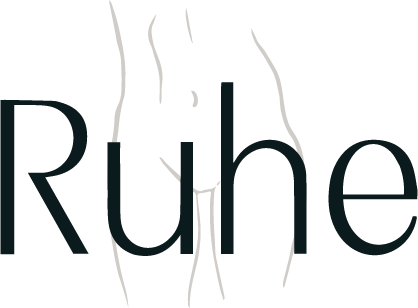It happens when you’re young. A careless word, a sideways look, a critical eye on your plate and you believe ‘you’re not able to eat that, you need to lose weight’. These moments can imprint on us and how we view food often tainting our relationship to it and to our own bodies. The intention may be to help the child avoid the pain and health consequence that comes with being overweight, but the outcome often encourages dieting and restriction and suggests the child must avoid or reduce in order to be accepted. Diets keep telling you to be smaller and take less, you can’t have what everyone else can have because you are flawed.
The logical conclusion for anyone who has experienced scrutiny about their body is that they must avoid, reduce and eliminate food in order to get slimmer and be accepted. Up until now the most popular suggestion is that they must go on a restrictive diet, whichever one is most popular at the time. But our complex brain and body connection has developed to ensure our survival and the absence of food alerts the brain to distress, danger and threat. The result of restrictive dieting is an urge to consume more than before in an attempt to ensure there is a surplus because the deficit is likely to come again soon.
Dieting creates overconsumption and promotes binge eating. Restricting calories and food regularly in an attempt to lose weight does not work for long term results for several reasons and yet millions of people around the world still do it. And the results are - diet and control, become hungry and anxious then binge, over-consume and feel guilty and shamed. This predictable cycle creates a disordered relationship to food and can end up in life long patterns keeping dieters overweight, out of control and afraid of themselves and their relationship to food. Other disorders that can occur during this process are those of anorexia, bulimia, binge eating disorder or any of the other disordered eating patterns that are both life threatening and incredibly painful for the those living with them.
What’s the alternative then?
In a world full of opportunities to eat ‘fun’ foods that are convenient but lack nutrition, how do we find the balance between our desire and our real needs? While the answer will vary for everyone the key for many is a combination of:
Finding food we really enjoy and nourish us incorporating them into our daily diet
Staying hydrated
Eating when hungry
Avoiding skipping meals
Balancing energy in with energy out (and learning what that really looks like)
Finding coping skills that don’t include food (movement, writing, prayer, meditation, social time)
Understanding what we need to nourish our bodies and finding delicious ways to get it
Acknowledging when you want to eat food in quantities larger than you need choosing differently
Enjoying food for the simple act of pleasure, without guilt in a balanced way
Short term restriction diets do not work for long term bodies and they can destroy our own connection to what we really need and want. Finding a way of eating that works for you and encourages pleasure, nutrition and balance is a long term solution that will reduce obesity and improve health without the mental stress and anxiety that comes with simply calorie reduction strategies.
